Blockchain is the new buzzword of modern technological developments. It enhances the basic services that exist in business transactions and in trade finance. At its core, blockchain relies on a decentralised, digitalised and distributed ledger model. Hence, blockchain technology is more robust in its functioning and ensures higher security. This is especially true when compared with the current centralised models which are in use.
Furthermore, blockchain technology makes all transfers in the business processes accounted for on a publicly accessible database. That is, it enables us to integrate technology into everyday transactions to improve their transparency. The technology maintains the network and is not centrally controlled by a bank, corporation, or government. In fact, the larger the network grows, the more secure and decentralised it becomes.
Blockchain technology works by creating a viable record of transactions, which acts as a single master file or database. From the originating point of a transaction, it keeps a record that cannot be tampered with. This is known as the provenance, which allows all involved stakeholders to review every step of a transaction and thus reduce the risk of fraud.
However, due to a poor understanding of blockchain technology, it is yet to gain traction in mainstream business models. Usually, blockchain is associated with bitcoin. Yet, the potential for blockchain is far more than cryptocurrency. As of today, it is gaining attention in a variety of industries including financial services, charities and nonprofits, and e-commerce.
Team Luxeveda outline a few industries where blockchain technology can create positive disruptions and innovations:
Education
As online learning becomes more popular, there is a need for a new way of verifying students’ transcripts and educational records. Adopting a blockchain-based system could create a way for employers and other educational institutions to access secure records. It could also encourage collaboration between universities and other large institutions through the seamless transfer of relevant documents. This includes digitizing placements and exams.
F&B
In supply chains within the F&B industry, there is a growing realization that traceability is a strong use case for blockchain technology. By leveraging blockchain, companies along the food supply chain can trace each step in processing, sourcing and storing the product. All data must be collected and tokenized. Anyone with access to the data can trace the origin of their food. The data on the blockchain platform is unchangeable, tamper-proof and time-stamped. Adding this with ownership linkages in each step, this increases the transparency of the food supply chain.
Fashion and Accessories
Closely related to food safety is the consumer need to verify ethical sourcing of their clothing and accessories. As the younger generation become the driving force of business, concerns over environmental and social responsibility are increasingly important in determining purchasing behaviour. Recording the product’s journey and creating a consumer-friendly interface enables customers to obtain a clear picture of its origins. This can become a powerful tool for companies to get rewarded for transparency and responsible sourcing practices.
Charities and Aid Organizations
While donating, people worry about whether their money will actually reach the intended recipients. Charities can create trust through smart contracts and technology additions that build credibility. Online reputation management can help donors trust that their money is going to the specified people and places. For example, the U.N.’s World Food Programme is implementing a blockchain based system. With the help of this refugees get food with an iris scan instead of relying on assets that can be stolen.
In conclusion, the scope of blockchain is wide. With a blockchain system in place, customers can let businesses know their needs and preferences. Along with with the potential that the Internet of Things offers, blockchain could become fundamental for fully automated transactions.

